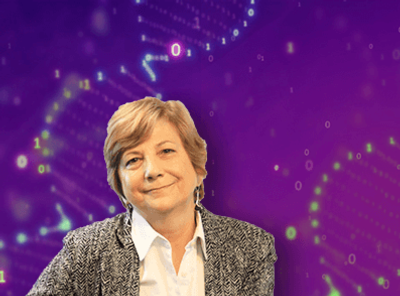
Artificial intelligence (AI) expert Jackie Hunter reveals how mining the depths of millions of hours of research identifies potential targets and solid candidates for drug discovery as it builds a future for individualized patient care.
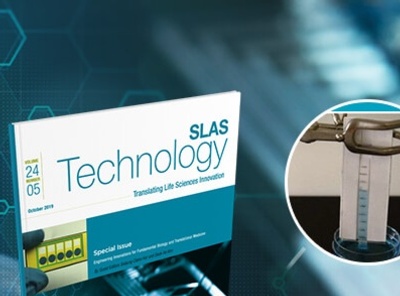
A special issue of SLAS Technology showcases the technology demands for personalized medicine and reveals how life sciences engineers approach the development cycle with the end user in mind to ensure translational opportunities. “Many times you create an innovative instrument that works perfectly in your lab and never really gets translated into use where it’s most needed,” says Claire Hur, Ph.D. “We need to make tools and techniques that the clinical technician or the patient can use – not just the Ph.D. student who developed it.”
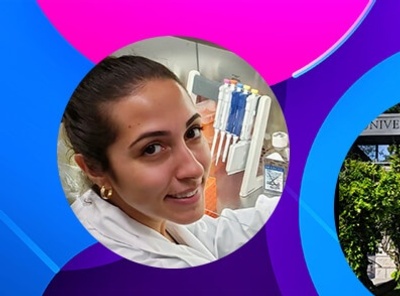
Promising results in hours instead of days, eliminating bottlenecks in processing lab results and succeeding in getting the right diagnosis and quick treatment to prevent the spread of infection – delivering any of these would be a tall order for a seasoned researcher. Now a graduate student has the opportunity to help fill the bill thanks to support from the 2019 SLAS Graduate Education Fellowship Grant.
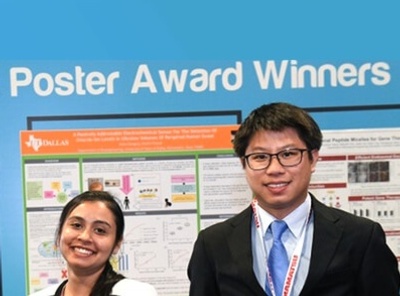
Inspiration and determination fuel the scholars who earned top honors in this year's competition. As they unlock the secrets of infection control, disease detection and develop innovative platforms for research, the winners of the SLAS2019 Student Poster Competition draw deeply from their life experiences to excel in life sciences.
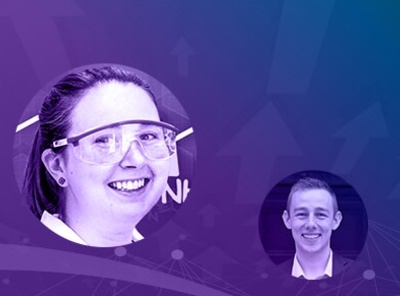
It was a year of firsts, flexibility and future-thinking for SLAS in 2018. To the benefit of more than 19,000 members of our community worldwide, we made significant strides financially, operationally and educationally to increase the value of SLAS for all in the life sciences community.
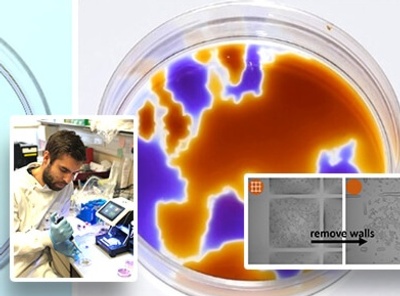
Exploiting the same force that causes raindrops to cling to windows, Cristian Soitu creates robust fluid walls and microfluidic arrangements using a simple, quick and inexpensive method to create multi-chamber grids and complex circuits.
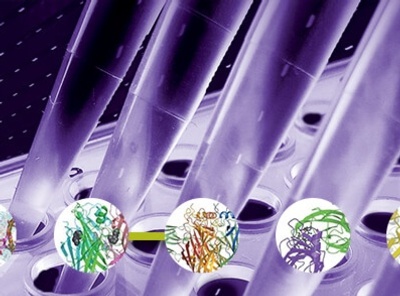
Imagine how much more researchers could learn by examining the data of an underperforming deep learning method, or employing a tailored workflow to characterize endothelial cells or adopting a novel method that allows discovery of new, previously unknown phenotypes based only on negative controls. Screening technology and methods that ordinarily get buried deep in other published research surge to the surface in a new SLAS Discovery special issue.

With amazing careers spanning all areas represented by the SLAS community, Michelle Arkin, Ph.D., Sammy Datwani, Ph.D. and Hansjoerg Haas, Ph.D., join the SLAS Board of Directors at SLAS2019. Along with six current SLAS Board members, Arkin, Datwani and Haas will further the SLAS mission to bring together researchers in academia, industry and government to advance life sciences discovery and technology via education, knowledge exchange and global community building.